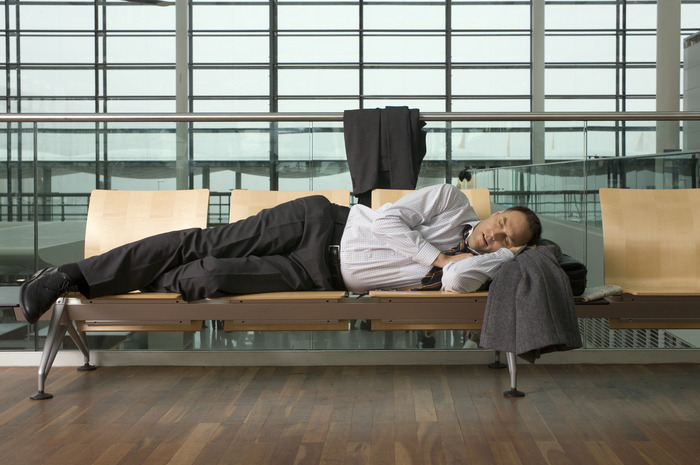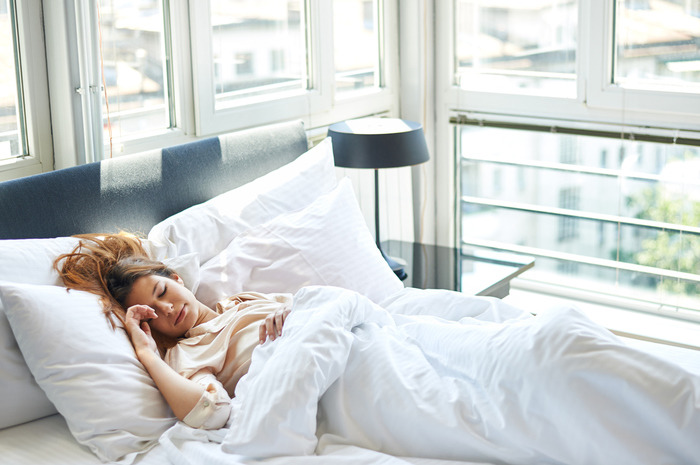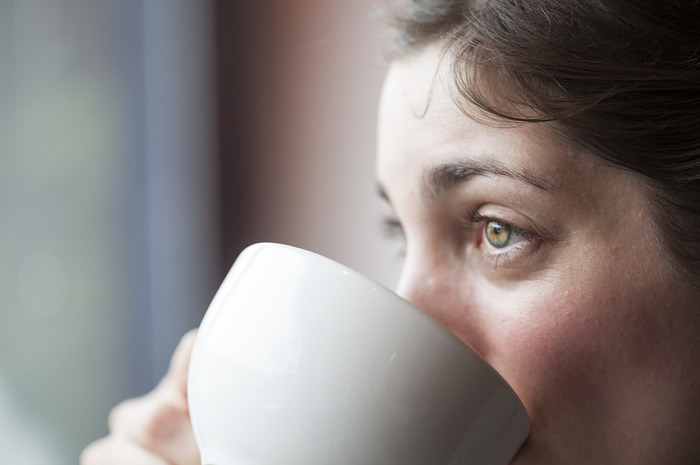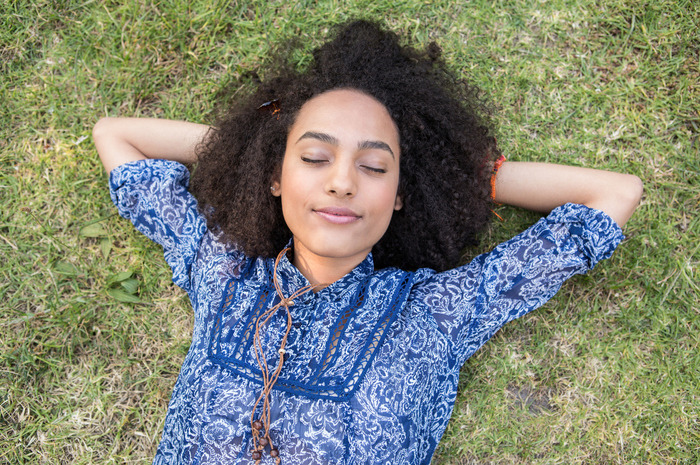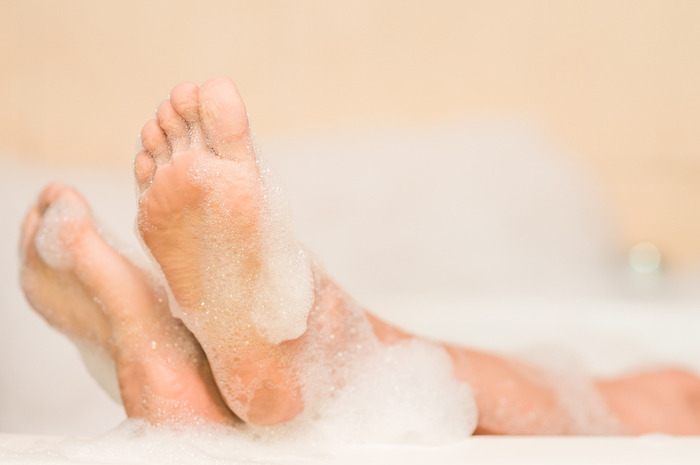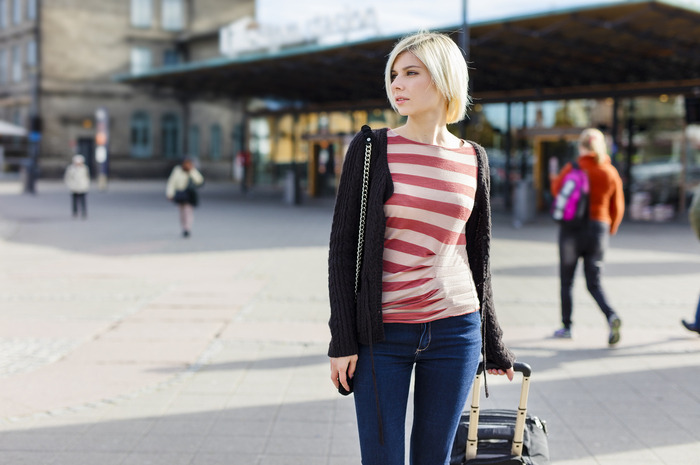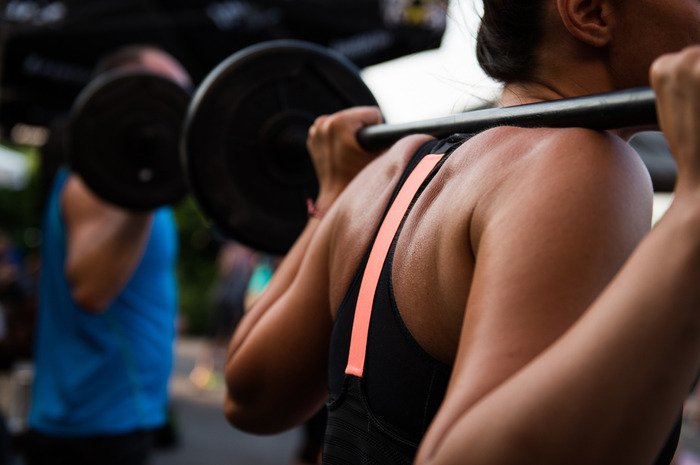10 Lifesaving Jet Lag Remedies Everyone Should Know
Jet lag, also known as "time zone change syndrome," is not a problem due to lack of sleep. It is a condition that actually results from an imbalance in the body's natural "biological clock" caused by traveling to different time zones, according to the National Sleep Foundation. The 24-hour cycle, called the circadian rhythm, is measured by the rise and fall of body temperature, plasma levels of certain hormones – all influenced by what we do and when.
Change your sleep schedule in advance
Don't ignore your internal clock and spare yourself from a tough adjustment later. You'll be grateful you did this if you have the time. Start 3-4 days before your flight. Slowly alter your sleeping schedule to reflect the regular bedtime in the country's you'll be staying. Fall asleep earlier than usual if you're going east, and a bit later if your destination is west.
Avoid alcohol and caffeine; drink water
Studies have shown that in healthy people, acute high alcohol doses disturb sleep. Alcohol interrupts your sleep patterns by compromising the body's ability to return to homeostasis, its normal operating functions. Caffeine, one of the most dangerous legal drugs, dehydrates you. If you don't want to wake up with a headache, dry mouth, bad breath, and digestive problems, drink water. When lacking it, the body restricts airways as a self-defense mechanism to preserve whatever water it has left.
Take a short nap before exploring
You have to sleep when it's night wherever you are now. If you land in the morning and are really, really tired, you may want to take a power nap, which should never last for more than an hour. You'll have some extra energy to be a tourist and explore the city, ensuring that you'll have no problem to fall asleep at 10 p.m. local time.
Stay in the light
Light will be your best friend if you're fighting jet lag. Go outside because the sunshine and fresh air will keep you awake. This way you are tricking your body into adjusting your body clock faster. Walk outside when the day is brightest – usually in the early afternoon. You may want to get a small light box for light therapy. When not enough light is hitting your eyes the brain generates too much melatonin.
Watch when you eat
Your circadian rhythm is regulated by sunlight as well as meal times. Eat when it's breakfast, lunch and dinner in your new time zone. Have a light snack before you leave so you don't need to buy food at the airport, which is often expensive and too processed, making you feel uncomfortable and tired. Bring cut fruits, carrots or granola bars to keep you full and energetic during your travel adventures.
Leave for your trip well-rested
Everything you do, you do with the idea to feel tired when it's bedtime in your new time zone. Arriving in the morning or even in the afternoon means you'll have to be awake for more than your regular amount of hours. Leaving for a flight already frazzled doesn't help. You can try certain tricks to sleep on the plane so you can reset easily when you land.
Consider taking melatonin
Sometimes people have the opposite problem – they can't fall asleep, even if it's nighttime at their new destination. If this is the case, consider taking melatonin in supplement form. A study has shown that melatonin is effective in preventing or reducing jet lag. The hormone encourages sleep, but don't take it for more than a couple of days in a row. Consult with a doctor for the right dosage.
Take a warm bath/shower
If you have arrived at your destination close to the local bedtime but you're still excited from being in a new place and you need to sleep to avoid feeling exhausted in the morning, take a bath or shower. The warm water will relax your muscles. Your body temperature will also drop after, which will make you feel more tired. (Take a cold shower to wake up if you have to stay awake.)
Wear loose clothes
Dressing comfortable for your flight is mandatory if you want to (or should) sleep on the plane. Wear loose and stretchy clothing; try wearing a soft shirt and definitely wear comfortable undergarments. Loose outfits can also help against deep vein thrombosis (DVT), which occurs when your circulation is restricted. Keeping your blood flowing when you're sedentary is important for your health and comfort.
Exercise
Exercise has unlimited benefits. As far overall cognitive function goes, working out enhances it. It's important to keep your mind stimulated so don't feel tired even though it's 11 a.m. at your destination. Stress affects your brain. Your nervous system affects the rest of the body which then feels that impact of anxiety. Scientists have found that doing aerobic exercises on regular basis decreases overall levels of tension, and it elevates mood.
